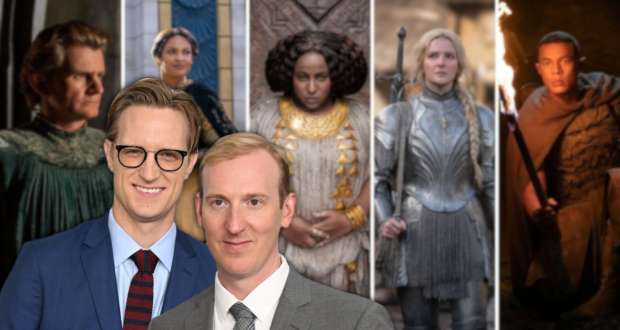African cinema continues to rise, and with the upcoming movie Sambala – The Cost of Freedom, Nigerian director Kole Akintujoye is set to make a powerful statement. At its core, this film brings to life the harsh realities of an oppressed people seeking liberation, but it’s not just another “fight the system” movie. No, this one hits differently.
The story revolves around a young girl who, in a desperate situation, is sold into an arranged marriage by her parents. You might think, “Not another arranged marriage tale?”—but hold up! This isn’t your typical meet-the-parents drama. These parents were essentially forced into the decision, driven by financial desperation and the harsh environment they live in. The film goes on to depict her life under the rule of a warlord, and the larger fight for freedom against an oppressive force that holds the community in a stranglehold. Sambala doesn’t shy away from showing you the gritty cost of liberation.
A Story Rooted in Culture and Struggle
From the opening scene, Sambala – The Cost of Freedom draws you into the tension of a community on the brink of collapse. But this film promises to be more than just another film about resistance. It’s a layered exploration of African culture, history, and the complex struggles for independence. Think of it as a raw reminder of the world many Africans live in, facing extreme circumstances where hope feels like a distant luxury.
It feels like Kole Akintujoye, the visionary behind this film, knows how to tap into the audience’s emotions. The cinematography is striking—capturing the beauty and intensity of rural Africa in a way that’s both raw and visually captivating. You can tell the filmmakers worked hard to bring an authentic feel to the storytelling, not shying away from the grim reality but also celebrating the resilience and courage of the characters.
Authentic African Storytelling with a Universal Theme
In a world saturated with cookie-cutter blockbusters, it’s refreshing to see African films, like Sambala, gaining traction on a global scale. This film taps into the universal theme of the human spirit fighting for freedom, but it does so through an African lens. We often hear about stories of resistance and justice from Western perspectives, but Sambala brings that struggle home in a distinctly African voice.
Even though the characters and setting are specific to Nigeria, the fight for freedom, the cost of resistance, and the sacrifices made along the way are universal. It’s the kind of story that will resonate with audiences from all backgrounds—because who hasn’t, at one point or another, felt like they were trapped in a hopeless situation?
A Sobering Reminder of Real-World Struggles
While Sambala is a work of fiction, it’s also a reflection of the harsh realities many Africans continue to face. The film explores themes like forced marriage, servitude, and oppression—not exactly the lightest of subjects. But in doing so, it serves as a reminder of the world beyond the safety of our screens. You might find yourself both in awe of the story’s intensity and feeling a little uncomfortable at the same time. And that’s the point.
This film doesn’t sugarcoat the struggles; it forces you to confront the cost of freedom—sometimes it’s life, sometimes it’s dignity, and other times it’s your entire future. The fact that this is still a reality in many parts of the world makes Sambala all the more powerful.















